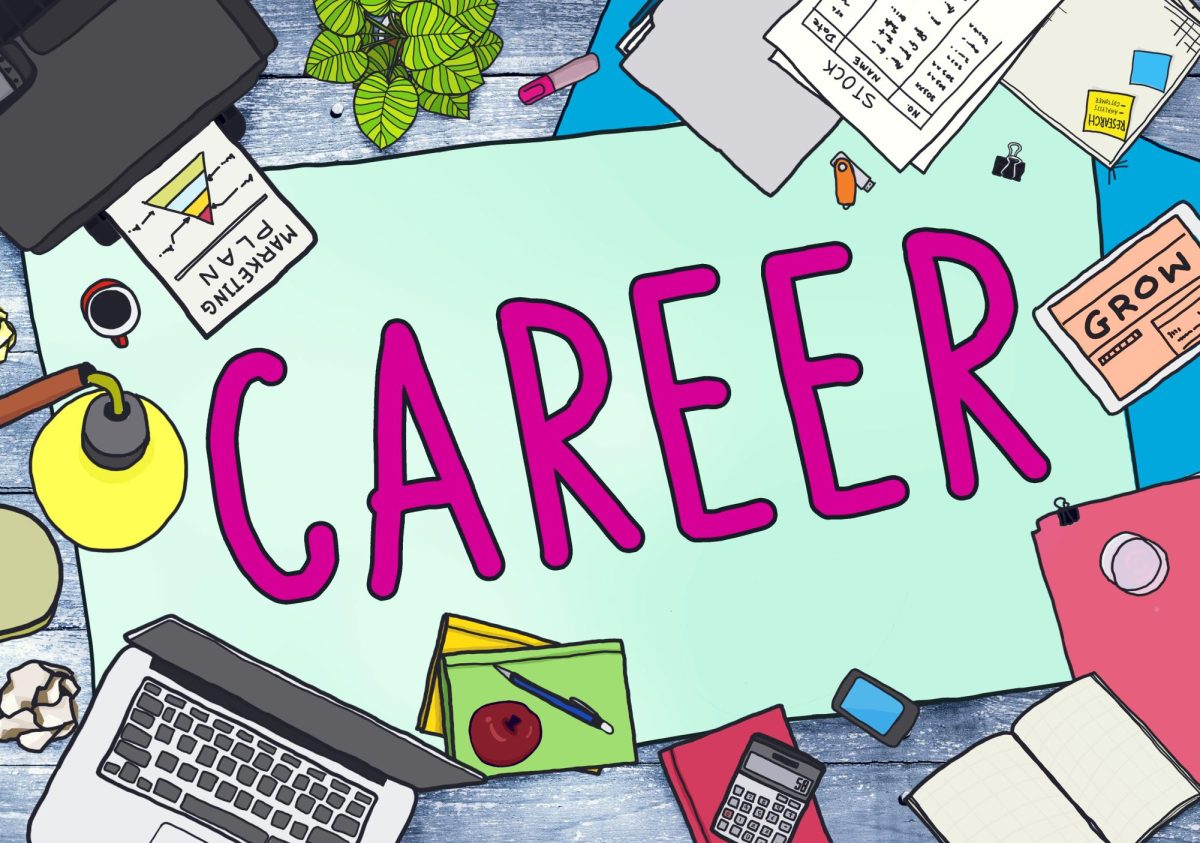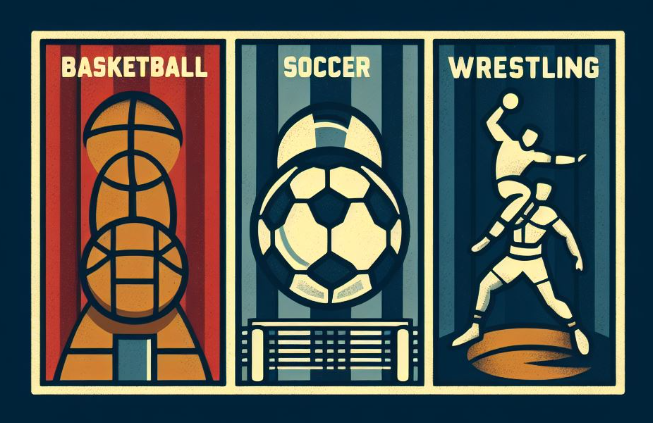What exactly is AI? Artificial Intelligence is a machine or software that is engineered by scientists to possess certain skills, similar to those of a human being, in order to perform specific tasks. For the past few decades, AI has slowly but steadily expanded its manufactorization throughout several countries. During this time, the public was assured that with our current technology still in its infancy, robots could only carry out very simple functions, and that it would take decades for these machines to reach their full potential. However, newly released reports, documentaries, and videos have proven this is not the case at all. In reality, the growth of AI over the past few years has boomed immensely. Robots have begun to teach themselves, and are learning to conduct a wide range of complex endeavors without the need for human intervention. The original intent for these robots was to benefit humanity by making our lives easier. The hope was that it would one day be able to retrieve information, coordinate logistics, provide financial services, interpret texts, translate complex documents, write business reports, prepare legal briefs, and even diagnose disease. Some of these goals have already been achieved.
As AI grows more sophisticated, widespread, and sought after, it is expected to replace the equivalent of 300 million full-time jobs within the next decade. This plan has already been set into motion by various high tech companies. Within the next ten years, our world will drastically change as we know it. Concerns derived from the fantasy and science fiction movies of our childhoods such as “I, Robot” , “Terminator” and, “The Mitchells and The Machines,” are starting to come to life.
Like many other controversial topics, there are those who support the production of AI and those who do not.
Market research analysts at Nexford University say that “AI has the potential to bring about numerous positive changes in society,” such as increased productivity, improved healthcare, and better access to education.
Others claim this technology merely serves to steal the jobs of people already struggling with a minimum wage, and that its development will soon be the cause of inevitable crises for our race. Whatever the case, the fast-paced growth of Artificial Intelligence will soon reconstruct careers and alter our society as we understand it today.
Primarily, AI will create many changes for the future of the education industry. This machinery will not only transform the way we think and analyze information, but also the platforms we operate on. When it comes to schooling, we’re still at the point where AI systems need a bit of human assistance to function properly and be useful for students, and we’re expected to remain in this limbo phase for a few more years. However, many assume that by the end of this decade the software will become much more reliant on AI and will require even less human intervention. These assisting technologies will eventually become extremely useful tools for students and teachers alike when covering different topics. Devices such as the Gradescope AI tool, will allow more time for students to focus on critical thinking and problem solving skills, rather than leaving them completely worn out by the end of the day.
A senior at Granada, Claire Sahn, agrees that AI will have “many positive benefits for education, like its efficiency.”
AI will also adjust teaching methods, guaranteeing greater accessibility to customized learning for students to have the ability to engage in ways that utilize their strengths, skills, and interests, as well as automating grading models to reduce bias, mistakes, and work for teachers.
Sahn comments that “AI systems are much faster and more accurate when performing tasks than humans are,” adding to its benefits.
While, yes, these additions do seem extremely favorable, there are also some risks to adding AI to our educational lives. There are endless possibilities in the world of artificial intelligence, but many people fear it will create more cheating opportunities for kids, and exacerbate the motivational crisis already eating away at students’ engagement with their learning. Since students will have full access to all of AI’s unique abilities, they will also have the capability to employ all of its more negative aspects to reduce their responsibilities.
Anaya Menon, a freshman at GHS, confirms that with “new devices like ChatGPT and Snapchat’s AI helps students easily cheat on assignments, tests, and projects.”
This can cause students to lose sustainability with the qualities schools are meant to teach students in the first place to help guide them in leading happier, successful lives.
The possibility of Artificial Intelligence becoming a customary part of our daily lives poses many positive and negative effects for our society as a whole. Some of the various benefits to AI are not only that it will make our lives much more convenient, at least at first, but also revolutionize sectors including healthcare, banking, and transportation. It will increase accuracy and precision with job expectations and prevent accidental mishaps to better secure the safety and wellbeing of patients. An example of this is instead of doctors who could make mistakes while executing surgical operations, AI would be programmed with directions and never falter while completing its assigned job.
Menon concurs that “AI devices can easily answer questions within seconds [and] assist people in completing everyday tasks.”
These knowledgeable machines also have the capability to make important contributions to our medical fields and aid in expanding our understanding of how to help people lead longer, healthier lives. This technology could also significantly reduce risks for workers with in-person jobs in hazardous environments, develop 24/7 availability since AI can work endlessly without tiring, and lead to the discovery and creation of new and better inventions quicker. These expert systems could additionally perform more perilous tasks for us, gather information on its own, and transfer it to us so that we can study it and learn from afar.
On the other hand, while there are a few advantages to the advancement of this tech, AI has the potential to formulate major problems for humanity as well. Though there are many smaller, less disastrous risks, there are two main complications with the rise of Artificial Intelligence that have been deemed the most detrimental for the future of our societies. One huge threat will be the inevitable issue of mass unemployment in store for millions of workers across the globe.
A report done by investment bank Goldman Sachs predicts that eventually “around a quarter of all jobs could be performed by AI entirely,” and the World Economic Forum has estimated that artificial intelligence will replace about 85 million jobs by 2025, just a mere two years away. An additional study done by the McKinsey Global Institute reports that this will cause “at least 14% of employees globally to need to change their careers due to digitization, robotics, and AI advancements” by the year 2030.
Claire Sahn and Anaya Menon both acknowledge how AI replacing jobs is “a bit controversial” for multiple reasons. It is true that with the loss of those jobs, there will also be the creation of new ones to replace them, similarly to what happened when electricity was first invented. Except these professions would be better equipped for workers to coexist with AI, most likely with humans overseeing robots while they work. Nevertheless, the repercussions from something as universal as this might be too large for our economy to bounce back from this time. The AI field will more than likely assume the majority of all lower paying jobs, which makes the situation even more unfortunate since the bulk of people in those professions are people who didn’t receive a full education. For instance, there has already been a janitorial robot invented that is fully capable of performing human janitor tasks, as linked below. Janitors are one of the most underappreciated, lowest waged jobs out there, and soon tons of people who might not have even had the opportunity to get a formal education are destined to face many hardships in years to come. This sort of economic insecurity could also lead to even bigger threats such as the growth of homelessness and income polarization.
https://www.youtube.com/watch?v=mW9QTAjdLAw
Additionally, the toll that building more AI will have on the world will greatly affect humanity in ways we cannot even begin to comprehend. The obvious fear is that one day, humans will get careless, and unintentionally allow androids to grow out of control and eventually wipe out the human race. While this idea may seem ridiculous and impossible, what if I told you that these fantasies might not be as far fetched from reality as we originally thought?
A 60 Minutes documentary called; The AI revolution: Google’s developers on the future of artificial intelligence, explains much of what is to come. It explains how the newest developments of AI are so astounding that the impact of AI across the globe will be the most profound in history; more than fire, or even the creation of electricity.
Google CEO, Sundar Pichai, says “We are developing technology which will for sure, one day, will be far more capable than anything we’ve ever seen before.”
An example of this is the company’s new Bard ChatBot, which has the ability to generate its own ideas, write and answer questions with facts or opinions in a matter of seconds, and translate them into a variety of languages. Journalist Scott Pelley played with a famous six word short story written by Hemingway, and gave the AI only one prompt.
“Finish the story,” Pelley states, within “five seconds,” it completely finished the story with writing that was just as intelligent and sincere as any human being could have written it.
He also claims that while working with Bard, he “had the sense that [he] was meeting an intelligence that [he] had never conceived of, and an intelligence that [he] was sure that [he] would never understand.”
Although creations such as these are amazing, Pichai addresses the most prevalent downside to this machinery, being the probability of humans one day losing control over the tech’s development. They saw this potential in Google’s extra AI that can create images out of words. Some of the issues that could come from this extension are misinformation and fake images depicting false occurrences.
Sahn says that “The furthering of AI is extremely scary because its possibilities seem to be endless. With AI generated pictures, fake images can look real and portray a false perception of reality.”
Luckily for the time being this AI cannot create images of people, but if it is not managed properly, there are ways this can become possible. Tech companies must be vigilant and cautious with this especially to prevent universal dishonesty throughout numerous aspects of our societies.
Recently, more than 1300 tech industry leaders, researchers, and others are asking for an immediate pause in the development of Artificial Intelligence to consider its risks.
Among them, Elon Musk, Twitter and Tesla CEO, and Apple cofounder, Steve Wasniak, are calling for a “six month break in the race to develop more powerful AI.”
They claim advanced AI could pose “profound risks to society and humanity” if not slowed down. These risks include the much dreaded chance that we could lose control. This is due to the fact that the minds of the new and advanced AI has become more powerful than ever with its quick development, and no one- not even their own creators- can fully understand, predict, or reliably control them. The issue has been recognized as extremely dangerous for our future by multiple tech founders and companies. The rise of AI must be planned for and managed with great care and resources, but unfortunately, due to a race for profit, this was not happening.
Contemporary Artificial Intelligence systems are becoming human competitive when it comes to general tasks, putting forth the clear questions; Should we even allow this to continue? Should we develop nonliving minds that might eventually outnumber, outsmart, obsolete and replace us? Is the risk of the loss of control of our civilization, and everything we’ve worked so hard to build, worth it?
Artificial Intelligence will recreate career paths, modify education, and reshape our world in countless ways. There has always been a lingering theory that advancing technologies in this sort of way would be both humanity’s savior, and its doom.
Google’s CEO Sundar Pichai states that “AI will be as good or as evil as human nature allows.
The revolution” he says, “is coming faster than you know.”































Theresa Kerr • Oct 5, 2023 at 5:52 pm
Thank you for so much information on AI.It’s clear you have spent much time researching. I’m just learning about it and have many questions. Your article has answered a few. As it turns out the concerns I have are many others’ concerns too! Keep us posted on any new information you come across (if possible)